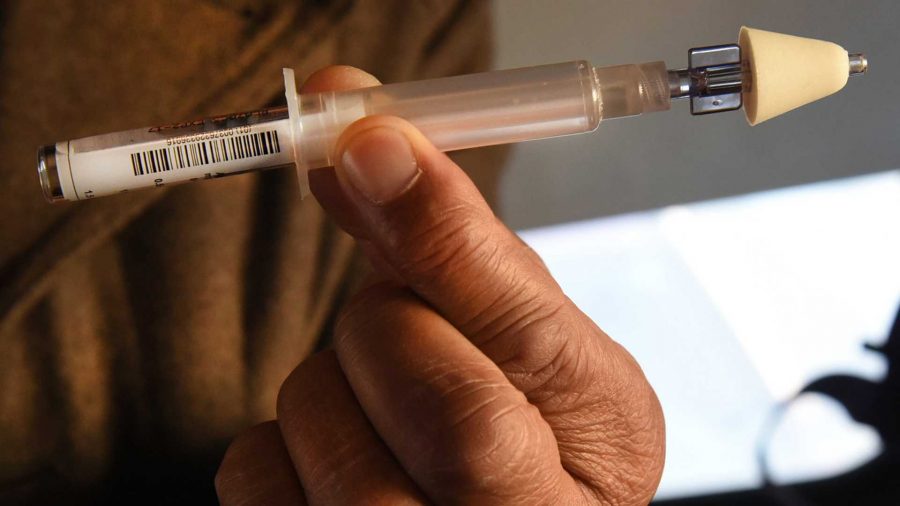On Oct. 16, the University of Iowa Injury Prevention Research Center will present a report to Iowa’s Opioid Epidemic Evaluation Study Committee to evaluate the state’s place in the current opioid epidemic.
The report detailed policy priorities to attack the epidemic in the state, based on research from other states’ programs.
The crisis is characterized by a rise in opioid-overdose deaths, a nationwide trend that started in the 1990s with a rise in the number of prescribed opioids and continues to this day.
Iowa is no exception to the epidemic; deaths from prescription opioid overdoses have quadrupled in the past 20 years in the state. In 2009, poisoning deaths surpassed transportation-related events as the leading cause of injury death in the United States, the report said.
Thirty-eight stakeholders from all over Iowa, including representatives from law enforcement, public health, poison control, pharmacy, and the media collaborated to discuss strategies for tackling the epidemic based on evidence.
“It was important that the group be diverse, because there are so many moving parts in the opioid crisis,” said Carri Casteel, the main author of the report and a University of Iowa associate professor of occupational and environmental health.
Casteel said professionals trying to figure out how to solve the opioid problem are working in “silos” and need to be brought together.
RELATED: Experts talk solutions to opioid crisis in Iowa
The report’s priorities for addressing the opioid crisis include providing training in pain management and opioid prescribing while they are being educated in medicine and educating physicians, nurses, pharmacists, and other practitioners to help recognize patients at high risk for abuse and addiction.
In addition, the priorities included strengthening the Iowa Prescription Monitoring Program, and ensuring that Medicaid and other state health programs cover FDA-approved behavioral interventions and ask or require the same from health insurance companies.
“It’s extremely important that leadership and the Governor’s Office work together to solve these issues,” said Kevin Techau, a former U.S. district attorney for Northern Iowa. “It’s a nonpartisan issue. We’re in a good position to address it and avoid a tipping point.”
Tess Benham, the head of the National Safety Council’s national prescription drug overdose initiative, said central-northern Midwest states such as Iowa have not been hit as hard by the epidemic as states such as Vermont and Ohio have, but that is changing.
“Iowa is in a great place right now to take action,” Benham said, “The crisis hasn’t hit Iowa until more recently.”
She said stigma and fear around addiction prevent people from getting help.
“It’s an important barrier that needs to be addressed,” she said. “Many people don’t understand that addiction is a chronic disease like depression or epilepsy.”
Techau said in community meetings for such places as Dubuque or Cedar Rapids, bringing up stories of family members being affected by the opioid crisis really drove home the issue.
“It doesn’t matter who you are, what your demographic is, where you live,” Techau said. “It reaches into all parts of the United States.”



